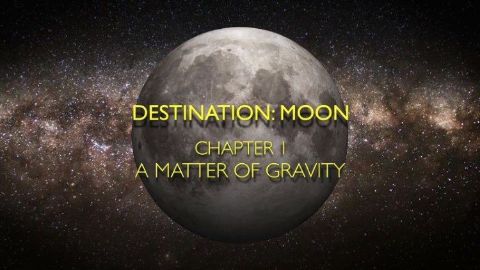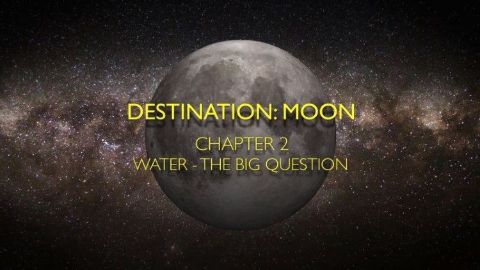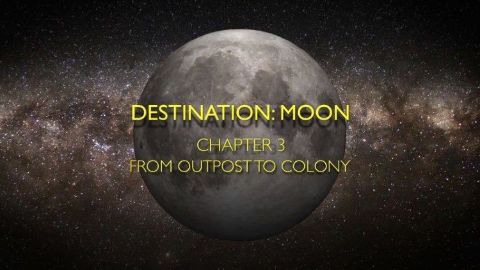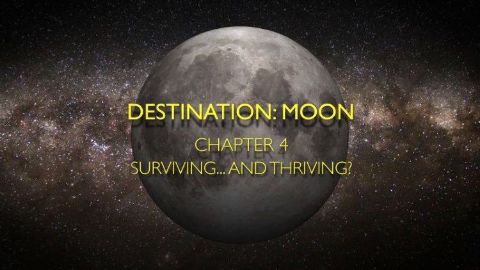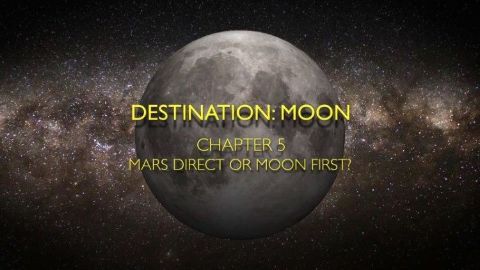Destination: Moon • 2016 • 5 episodes • 0h:57m
What role will the moon play in man's next attempts to conquer space?
Where and how are we going into space post Space Shuttle? Further travel in space is inhibited by the challenges of gravity wells and the science and cost of developing vehicles that can transcend them. How can the moon possibly help with this problem and move space exploration to the next level?
S1E1 • 2016 • Astronomy
Right now, we know there is water on the Moon. But how much water? Is water largely at the poles? These are Strategic Knowledge Gaps that scientists are working to fill in, and a Resource Prospector robot will be launched to the moon in the 2020's to look for the presence of water
S1E2 • 2016 • Astronomy
The US efforts to colonize the Moon will follow the Lunar Exploration Roadmap, laid out with events taking place over decades. Other countries have plans as well. How will robots be deployed to work on the Moon? At what stage will people inhabit the environment? What minerals will be harvested?
S1E3 • 2016 • Astronomy
Lunar days are about 14 Earth days long, and when night comes, temperatures plummet. But there are other issues to deal with as well. For instance, how can we overcome the moon's lack of atmosphere; difficult terrain with abrasive particles, and the effects of cosmic background radiation?
S1E4 • 2016 • Astronomy
Will resources on the Moon be the determining factor in whether the next human destination in outer space is Mars or the Moon? Google Lunar, Space X and other private industry efforts may lead the way.
S1E5 • 2016 • Astronomy
